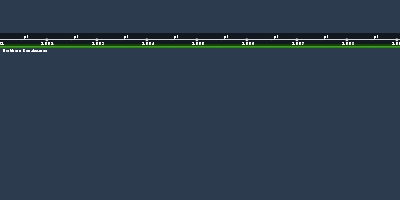Mercantilism & Trianglular Trade System: European economics (dec 23, 1500 – dec 23, 1750)
Description:
Mercantilism:- an economic theory
- a country should do all it can to increase wealth
- the world has a fixed amount of wealth
- a country's wealth is measured by how much gold/silver it has
- if one country grow richer, others grow poorer
Winner = one with the most gold
Money is worth what you can buy with it (has no value by itself)
Value of money = gold, silver, coins, paper money
Markets:
- where buyers & sellers interact
- exchange of goods
- gold for spices
- silver for silk
- coins for salted fish
- paper money for tobacco
- gold is a MEDIUM
Sugar Market:
- BUYERS: people who drink coffee, tea, rum, chocolate, etc.
- SELLERS: private landowners who gro sugar, middleman European companies who ship sugar to Europe
- 3 necessary elements for production
- LAND: a place to grow sugar
- LABOR: workers to plant, cultivate, harvest, and process the sugar can into raw sugar and its byproducts
- CAPITAL: money/things bought with money to turn sugar cane into sugar (ex. plows, ships, containers, presses, machetes, etc.)
The Triangle Trade: Europe, Africa, & Americas (look at index card for notes on this)
Mercantilist Practices:
- high taxes (tariffs) on imported goods
- increased manufacturing (finished product is worth more than raw materials)
- give money to companies to manage goods
- produce everything necessary within the country
- restrict the colony's trade with others (ex. Navigation Acts: England prevents American colonies from buying goods from other countries)
- countries should use their militaries to protect colonies and trade routes (ex. England strong navy)
England & the Netherlands became very wealthy from trade; merchants rise up and became more powerful
Exploration --> Trade --> Mercantilism
- economic change accompanies the age of Mercantilism
- new business practices develop
Joint Stock companies
- exploration was risky & expensive
- if many different people contribute money for the trip, risk goes down for individuals
Supporting Industries Develop:
- banking
- financial news
- insurance
- stalk markets
Added to timeline:
Date:
dec 23, 1500
dec 23, 1750
~ 250 years
